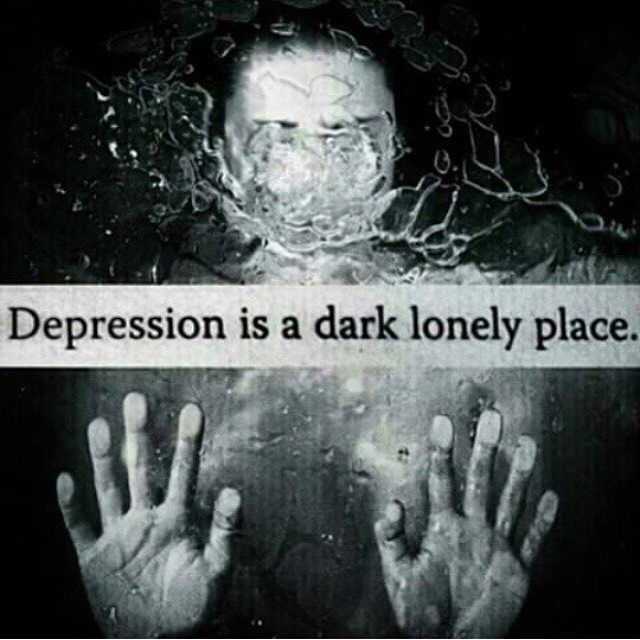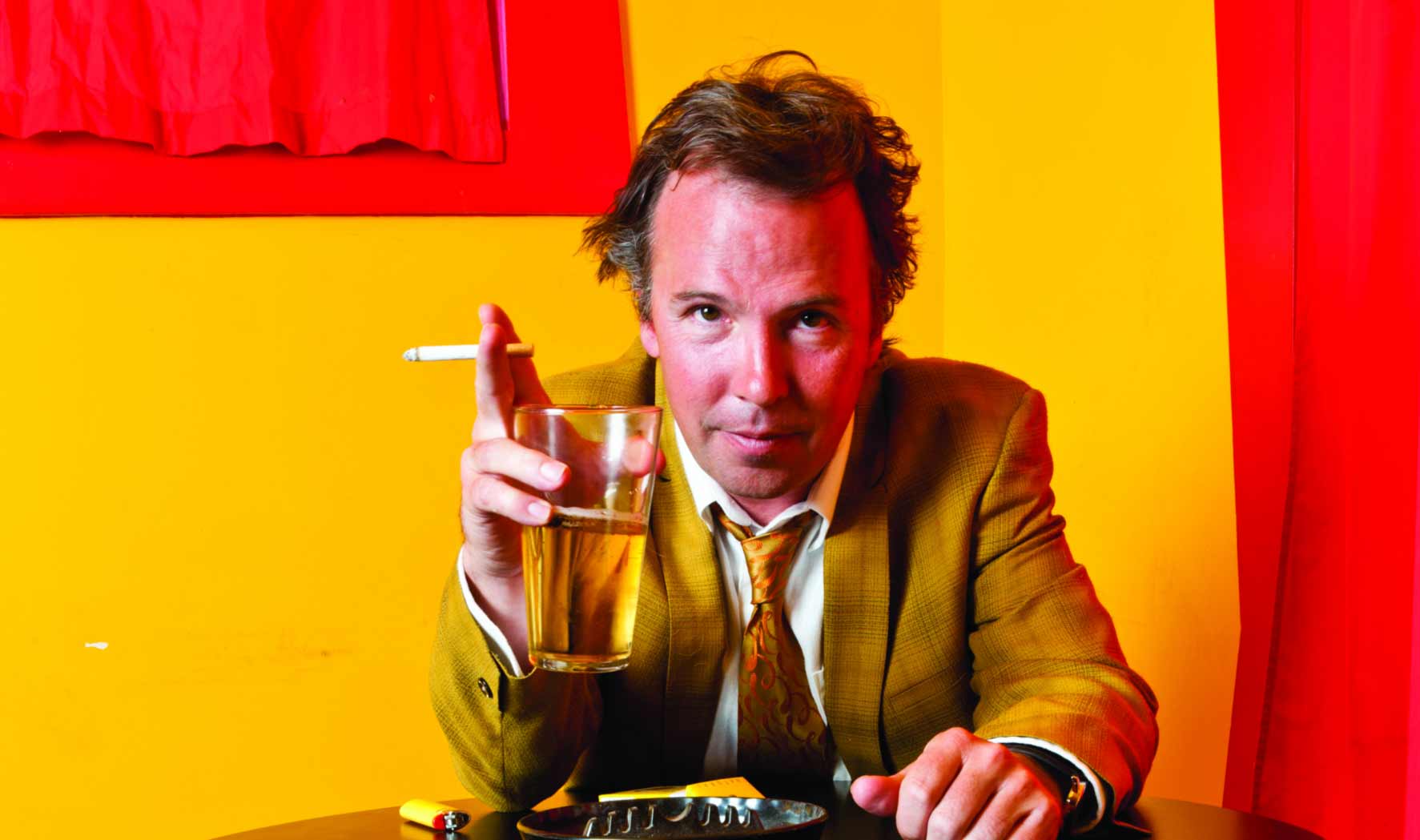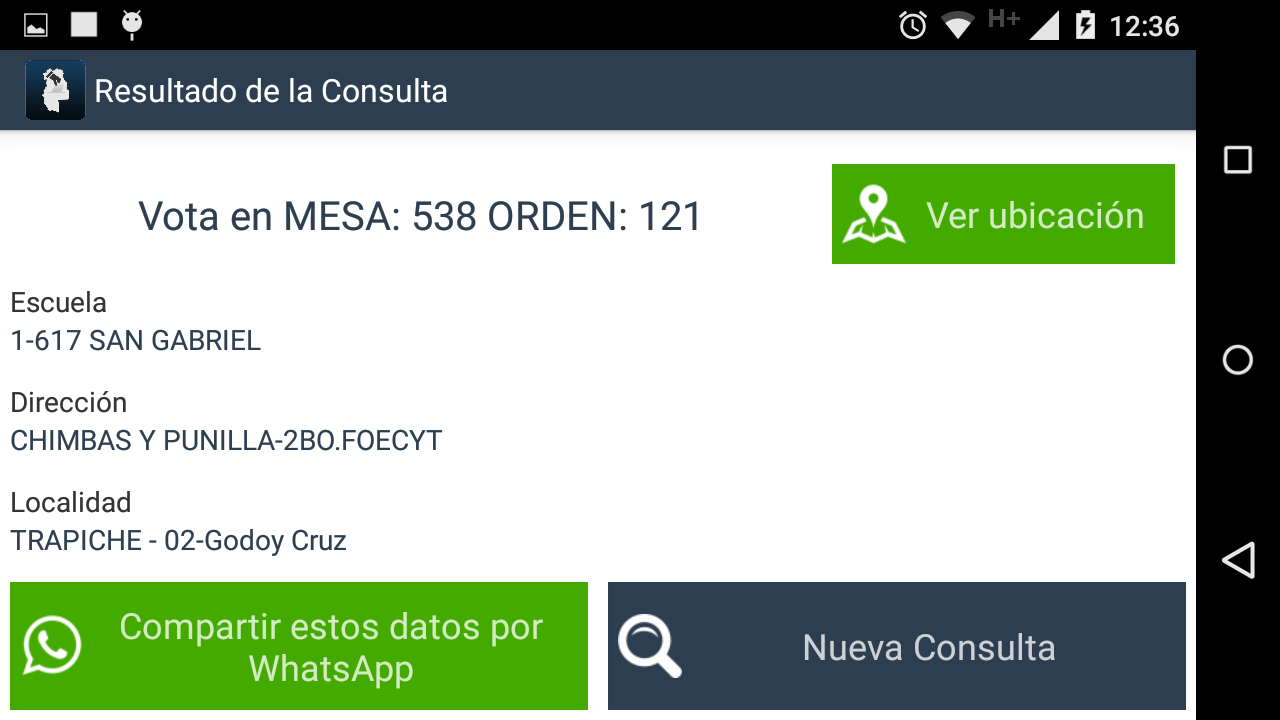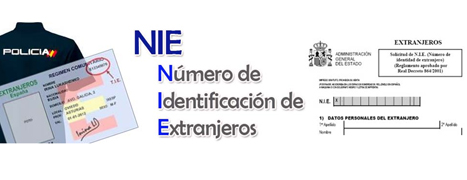We need to talk about Estate Agents
Monday, January 29, 2018
Visiting my old home town in Spain, I was enjoying a cerveza at my favourite bar when an ex-neighbour came up and introduced to me to the couple who had bought my old house.
Polite conversation continued and I just had to say, 'you got a bargain there mate', because they had haggled and haggled and knocked down the price until I couldn't be arsed to argue anymore, and just wanted to walk away, it is only money after all. And then they told me how much they had loved it a first sight, and how pleased they were that I had accpeted their offer of 78,000. I was gobsmacked, the estate agents told me that their final offer was 69,900 euros, and that is what i accepted, and that is what i received, =minus the FIVE THOUSAND euros the self same estate agents had charged me for selling the house.
so they got 13,000 euros for selling my house. I am not alone again and again I hear similar complaints.
Estate agents arranging for work for their friends, over priced work, poorly done.
Estate agents introducing you to spivs and conmen.
Estate agents turning a blind eye to dodgy deals just to get a sale, so the buyer buys a pup, and the seller gets rinsed.
When the sale has been agreed magically the furntiure included changes into tired sofa beds and broken TVs.
Please remember this is not the UK, there is no association of estate agents, no rules, not enforced ethics. Ther is just someone trying to sell, someone trying to buy, and more often than not a rank amateur with no ethics being the middle man or woman.
Never EVER give them power of attorney, it will be cheaper, and safer, to fly over to sign papers, and funds can be transferred online. Do not give them access to you money!
Yes they smile, but they are not your friend.
Now I know that there must be some good estae agents out there, it is just that the best one I have ever met was only incompetent, not the usual both incompetent and corrupt.
It makes me so grumpy.
 0
Like
Published at 1:28 PM Comments (2)
0
Like
Published at 1:28 PM Comments (2)
We need to talk about Ex-Pat depression
Monday, November 6, 2017
We need to talk about Ex-Pat depression
This is a common problem that I was not aware of when I first moved to Spain, like everywhere, depression is a subject not openly discussed.
You have to remember that however far you travel you will always bring your own personal problems with you, moving abroad is not a magical fix it, far from it. You will still feel anger, sadness, and frustration, but will feel you need to suppress these feelings, because after all, you are now in your dream home living your dream life.
But when you realise that you have given up all the comfort of family and friends, you will no longer be part of the regular family and friendship milestones, and add to that you are in a constant state of confusion, then it is no wonder that we can flounder.
And in fact depression is quite common among ex-pats. Now I am not talking about just feeling a bit down here, I mean the deep gray thoughts and bleakness of depression.
So what can we do when we feel ourselves begin to fall into the pit of despair? Full blown depression requires expert help, but many experts believe you can avoid a descent with a few well planned changes.
Look after yourself, eat well, (healthy eating is a highly regarded aid to mental health). And get loads of exercise, endorphins are released when you get active, and they are very beneficial to managing depression.
Get out of the house, go for a coffee (descaffinado if you cannot manage caffeine), check out all your local shops, chat to the neighbours. Plan day trips to different towns, visit cities, take local buses. Start a hobby, be active, you will feel better afterwards.
Relax, a long hot shower or soak in a bath can do wonders, read a favourite book with your feet up and good music in the background. Breathe deeply,
Avoid substance abuse/alcohol abuse, this will be harder than you think, you are in heavy drinking culture among ex-pats, and alcohol gives an immediate lift but gives a much longer term depressive effect. And the next mornings self loathing is too be avoided.
And what can we do to help others suffering depression?

We need to be aware that we will not know when someone is depressed, they may well be happy smiley people who 'present' as carefree. So what we can do is try and make and make the world a better place for everyone (cue schmaltzy music).
We can start by all of us giving friendly acknowledgments to newcomers. Every one of us has suffered tragedy, the death of parents, partners, siblings, even a child. So we should treat everyone as needing our support and help. Newcomers are very vulnerable and confused, and I have witnessed them being left to the mercy of the predators, because we could not be bothered to help. (When I first arrived in Spain I gave an 'estate agent' 2000 euros as deposit for a flat we wanted to rent, never saw the 'agent' or the money again, but this was in a bar and I was surrounded by ex-pats who knew exactly what was going to happen and not one gave even the slightest hint that the 'agent' was well dodgy. This is the kind of thing that must stop.)
And many ex-pats that have been in Spain for more than ten years have seen the value of their homes plummet, and since Brexit their pensions have reduced by over thirty percent. Those who have not integrated into Spanish society fee " as if they have little control over their lives, this leads to anxiety, the fore runner of depression, so cut them some slack when they start the 'good old days' conversations and complain about everybody and everything.
Let this be your motto:
- God, grant me the serenity to accept the things I cannot change,
- Courage to change the things I can,
- And wisdom to know the difference.
-
Did you suffer from depression after moving to Spain? How did you cope?
 0
Like
Published at 12:05 PM Comments (1)
0
Like
Published at 12:05 PM Comments (1)
We need to talk about drinking
Tuesday, October 24, 2017
I have now dealt with essential starting paperwork, and now down to my nitty gritty grumpy Keith advice on how to make a success of your life in Spain, avoid the ex-pat drinking culture as if it were a plague!
It is the elephant in the room, the fuel for every ex-pat feud, the cause of marital break up, the origins of malicious gossip, and the reason so many people are not happy in their life in the sun.
Alcohol.
At our UK homes, with their prohibitive pub prices, drinking heavily could only be afforded by the rich, or if poor, drunk at home sometimes stooping to White Lightening or other high strength ciders that have never seen an apple.

But Spain, ah, that is a different story. The bar prices for drinks are so low, and the supermarket cost of wine, less than a euro for a rather nice red! And less than five euros for spirits, ah, there's the rub.
When I first arrived in Spain I rented in Casarbonela, and it was there I first witnessed pissed drunk Brits whiling away hour after hour in the local bar and pushing drinks on all and sundry. And push they do. It is 11am and you walk past, 'Hi, come on in, It's Keith isn't it, have a beer with me, only 11am, nonsense, you are on your holiday'. But of course I was not on my holiday, I was starting a new life, and one that would be handicapped if I started regularly drinking during the day.
And friendly drunks are one thing, and it often starts happy , and jokey, but then, the angry drunks, the morose drunks, pervy drunks, the sweary bleary drunks, and it is not yet 5pm.
Now if you are reading this it is because you are concerned for your own welfare or for someone else, so here is a list, ten questions, note down every time you say yes to the following:
When sober do you sometimes regret things you said, or did, when drunk?
Have you failed to keep promises you made to yourself about cutting down on your drinking?
Have you driven while drunk?
Do you budget for your drinking before your food?
Do you feel depressed or experience self-loathing because of your drinking habits?
Has a friend, partner, of family member shown concern about your drinking?
Have you experienced memory blackouts?
Do you start drinking earlier in the day now than you used to?
Do you ever have a few extra drinks at home before going out?
Do you feel uncomfortable if out and there is no alcohol available?
If you have answered yes to six or more questions that you undoubtedly have a severe drinking problem. This will bring about depression, anxiety, anti social behaviour, and health problems, you know you must do something about it. And if you have answerd yes to more than one qustion you should start self analysing your life, what do you want from it?
Consider the OYNB online support group, this a paid for service, starts at about 40 euros, it begins with a 28 day alcohol free period, with support and it challenges your relationship with alcohol, this is an ideal intro to sobriety:
https://www.oneyearnobeer.com/takethechallenge/
Not many people realise that Spain has an effective Alcoholics Anonymous system, with a huge nimber of groups all over Spain. There is only one requirement for membership, and that is the desire to stop drinking, founded as a Christian organisation there is mention of God, or of a higher being, but do not be put off, many many atheists go quite happily. There is no obligation to attend meetings, you are free to leave at any time.
AA follows the 12 step programme, which involves accepting the fact that you are an alcoholic, changing your behaviour, and using other members of the community for support.
The list of meetings is here: http://www.aaspain.org/meetings/directory.html
It takes courage to avoid alcohol, and the social aspect of drinking, and you can trust yourself to to overcome alcohol addiction, but you will need support. You will thank yourself when you achieved sobriety, recovered your life, your health, your positive friendships. You will regain your interest in life, regain your hobbies, properly interact with family, get restful sleep, you can enjoy yourself again, free from the worry of where the next drink is coming from.
 2
Like
Published at 2:30 PM Comments (4)
2
Like
Published at 2:30 PM Comments (4)
Denuncia, what it is, and how to make one
Thursday, October 19, 2017
Denuncia, what it is, and how to make one
Making a report to the police is called a Denuncia, there are many articles about this but I am using the explanation given by a good friend, a Spanish policeman, who describes the process and outcomes.

Basically you should not tolerate any situations which you feel may be illegal, the Spanish legal system is designed to protect people. So when we witness a crime, are the victims of a crime, or need legal advice on a perceived crime we should go to the nearest police station.
It does not matter which police station, a Local Policia or a Civil Policia, though in general the more serious crime should go to the Civil police station.
There is a phone service for non Spanish speakers on 902 102112, available from 9am to 9pm, this will give you a case number which needs to to be ratified at your police station, this is ideal for lost documents or for insurance claims where proof of a police report is essential.
Obviously more serious crimes are reported as soon as possible (phone 112) and the police called out to the scene. But in this article we are talking about making a denucnia because of property crime, feeling unsafe, more minor assaults, and a couple of 'crimes' that will surprise you because in the UK they are dealt with in the civil courts.
Firstly, make sure you know what you want to report. If it is a person you will need to give as much information about that person as possible, their name, their address (if you know it, but where they can be found, at work say, or a regular haunt). The date and time/times of the events, and the names and addresses of any witnesses.
You will need to bring your passport, have your NIE number if yo have one, and your residency documents if you are a resident.
And if you are not sure if a crime has been committed or if a law has been broken do not hesitate to go in and ask, the police will know better than anyone else whether a crime has occurred.
You can make a report in writing but it is more usual to explain the problem and answer questions. the answers and questions will be written down in a report. If you do not speak Spanish take someone with you who does (or use the 902 102112 number)
What happens next?
Certain crimes can be dealt with immediately by the officers, for example a witnessed theft with high probability of the goods still being on the felons property.
But it is more likely that a report will be sent to a magistrate who will either order a court date, further investigation, or a dismissal of the accusation.
Even when dismissed the police can go and have a quiet word with the accused and in my opinion this is better than nothing.
Even after the magistrate has decided that the case has enough evidence to go to court the victim will be encouraged tp settle with the accused. So for example if CCTV proves that someone deliberately scratched your car, you will asked to drop the case in return for a respray paid for by the accused and an apology. If you refuse this you might well find that an intermediary will visit you and propose a respray, and apology, and 200 euros, with a long story about how ashamed the was, how it will damage his career etc etc. It is hard to to not give in to this pressure, and the courts and police system encourage this kind of settlement.
Slander and libel in the UK are civil matters, but in Spain they are criminal matters. Called Calumnia, or Difamacion, it is above the level that would be standard to other countries, there is a far more robust 'stick and stones' attitude, but if anyone commits Calumny, either with an outright lie, or a reckless disregard for the truth, then the Police will get involved and it may well be bought to court.
An example is from a neighbouring town, regarding a man who was an altar server in his local church. An altar server does tasks at the altar such as fetching and carrying, rings the alter bell etc. A Welsh couple had seen him do this and had assumed he was a Catholic priest, therefore not allowed to marry. On seeing this man at the local park playing with young children, petting them, buying ice cream, giving piggy backs etc, they spread the rumour that he was a pedophile. In fact they were his grandchildren.The rumour mongers even posted pictures on Facebook. This was reported and a court date date was given. The case was dropped with a public apology and a repainting of the church exterior, at a cost of over 2000 euros.
I have only ever made one denuncia, I was continually being abused by a drunk woman, in the UK I would have got a restraining order, but in Spain I just went to the local police station, I had witness evidence, the police called on her and I was never bothered by her again.
Denuncias are anonymous, (but I imagine the accused knows who made them, see the example of drunk woman above) the accused is not told who made the accusation, but to ensure that the denuncia system is not used maliciously you should be aware that the penalties for a false declaration are severe.
My friend the police officer is astonished at how few denuncias are made by the local ex-pat population in his town. The Brits in particular seem to never make complaints even though they are often the crime victims of other Brits. He is aware of two Brit families that have frequently burgled, stolen from, and cheated newcomers. There have been shouting matches in bars, and even slaps, but when the police turn up the victims just slope off. And this means that the perpetrators are able to continue their nasty ways, because with no denuncia nothing can be done.
But please, give your experience of the denuncia system, have you used it?
 2
Like
Published at 4:06 PM Comments (5)
2
Like
Published at 4:06 PM Comments (5)
The Padron, what it is, why you need it, and how to get it
Saturday, September 30, 2017
The Padron, what it is, why you need it, and how to get it

The Padron is an administrative registration for residents of a municipality. It proves residency in the municipality when you live there (note, this is not proof of Residency, that is a legal concept, it proves you live permanently in a municipality (town, village, city). If you live in more than one place in Spain then you register where you live the most time.
You should only apply for a Padron if you live full time in Spain, the actual Spanish states: Toda persona que viva en España está obligada a inscribirse en el Padrón del Municipio en el que resida habitualmente. (All persons who live in Spain are obliged to apply for a Padron if they live full time in Spain).
The Padron proves how many people live in a municipality, this is needed to see how many resources an area needs and how much income from tax etc and area should provide. In this sense think of it as a census.
You need to have a Padron to vote in local Spanish elections, and European elections (Many thanks to those who corrected my assumption that it entitled the holder to vote in National elections, it doesn't).
To enroll your children in a local school you will need a Padron.
You cannot become a Spanish resident without having a Padron, and without Spanish residency you cannot get Spanish healthcare.
You need a Padron to change your driving licence to to a Spanish one.
Many people fear that as soon as you have registered as living full time in an area, by applying for a Padron, you will beome liable for tax, in fact whether you have a Padron or not you become liable to register for Spanish taxation after just a couple of months of living there full time, so there is nothing to lose by registering, but of course by the acting of signing up for one you are implying tax residency and liability.
But where do you get this magical registration from? Well that is simple, from the Town Hall, and each Town Hall has slightly different requirements. You will at the very least need your passport and one copy (take two, just in case). You should bring along any rental contracts, house deeds, utility bills.
The main thing is to ask them at the Town Hall (Ayuntamiento), they want as many people to be on the Padron as possible, so will be very helpful.
 0
Like
Published at 3:38 PM Comments (3)
0
Like
Published at 3:38 PM Comments (3)
The NIE, what it is, why you need it, and how to get it
Saturday, September 30, 2017
The NIE is the Numero de Identificacion de Extranjero, the identification number for foreigners living in Spain who do not have Spanish citizenship, and those who have business or other interests in Spain to use as identification.

The NIE is essential because it has to be on all documents relating to Spanish law and governance AS WELL as the passport numbers. The NIE number does not change (unlike a UK passport number). You will need it it to pay tax, get work, buy or sell a car, buy or sell a house, any economic activities such as mortgages or legal claims. And you must have it to change your driving license into a Spanish one.
Do not confuse this number with the DNI, the Documento Nacional de Identidad, this is for Spanish citizens.
The NIE is not a valid way of identifying yourself, you need photo ID for that
There are three ways to get your NIE
-
In person at specific police stations
-
The Spanish embassy of your country
-
through a legal authorized person, ie a solicitor through power of attorney,
If you do an internet search you will see companies that offer to do this for you, they save no time, can often make matters more complicated, and charge for the pleasure, avoid them is my advice.
This will be your first opportunity to see how different each region of Spain operates, so you will need to to go to the correct National Police station for your area, taking everything you possibly can in case they ask for it.
Here is the list of the right police stations to get your NIE, go to the one in your area even if another one is closer, ie, if you live in the Province of Malaga, go to the Malaga one, not the possibly closer one in a neighbouring province: https://www.policia.es/documentacion/oficinas/oficinas_extran.html
Firtsly you will need a filled in EX-15 form, available for download here: http://www.exteriores.gob.es/Embajadas/PRAGA/Documents/Formulario%20EX-15.pdf you will definitely need 2 photos, your passport plus a photocopy of the opened photo page. This is a link to a translated EX-15 form http://www.exteriores.gob.es/Consulados/EDIMBURGO/en/Consulado/Documents/Guide%20to%20fill%20EX-15%20form.jpg
There is a fee of just short of 10 euros, some areas accept online payment, others don't, so I think it best to take the form the police station will give you and go to the nearest bank and pay it, then take back the receipt to the police station. I had to go to two banks because the first one said it was not 'their day for collecting the fee'.
Make a day of it, go early in the morning, clutch your google translate on your mobile (having used it to fill in the forms) and smile smile smile. Then have lunch and delightful stroll with your NIE tucked in your wallet.
Think how frightened a Spanish person would be trying to get a parking permit if they had no English, but the council would just try and do their duty, and so it is for the Spanish bureaucracy, there is no malice, just an incomprehension of what we want. Smile smile smile.
 0
Like
Published at 1:59 PM Comments (0)
0
Like
Published at 1:59 PM Comments (0)
Spam post or Abuse? Please let us know
|
|